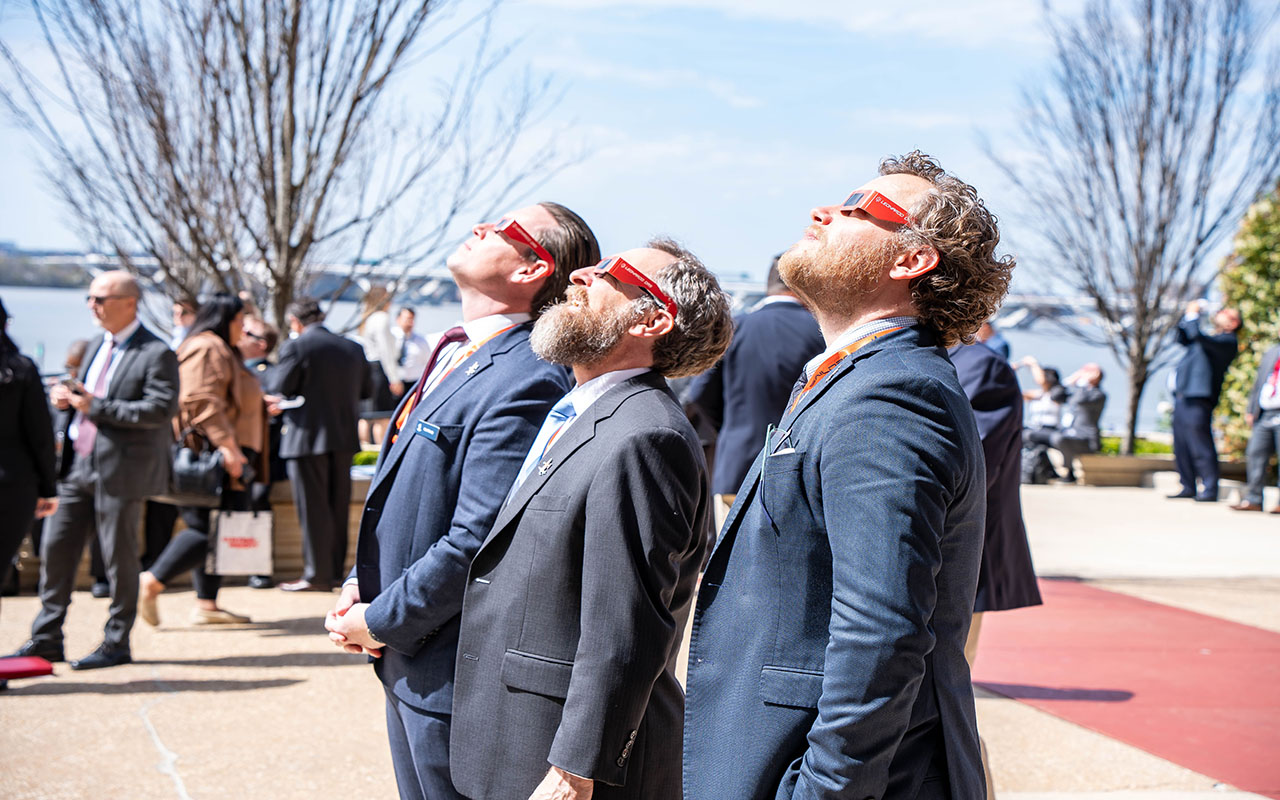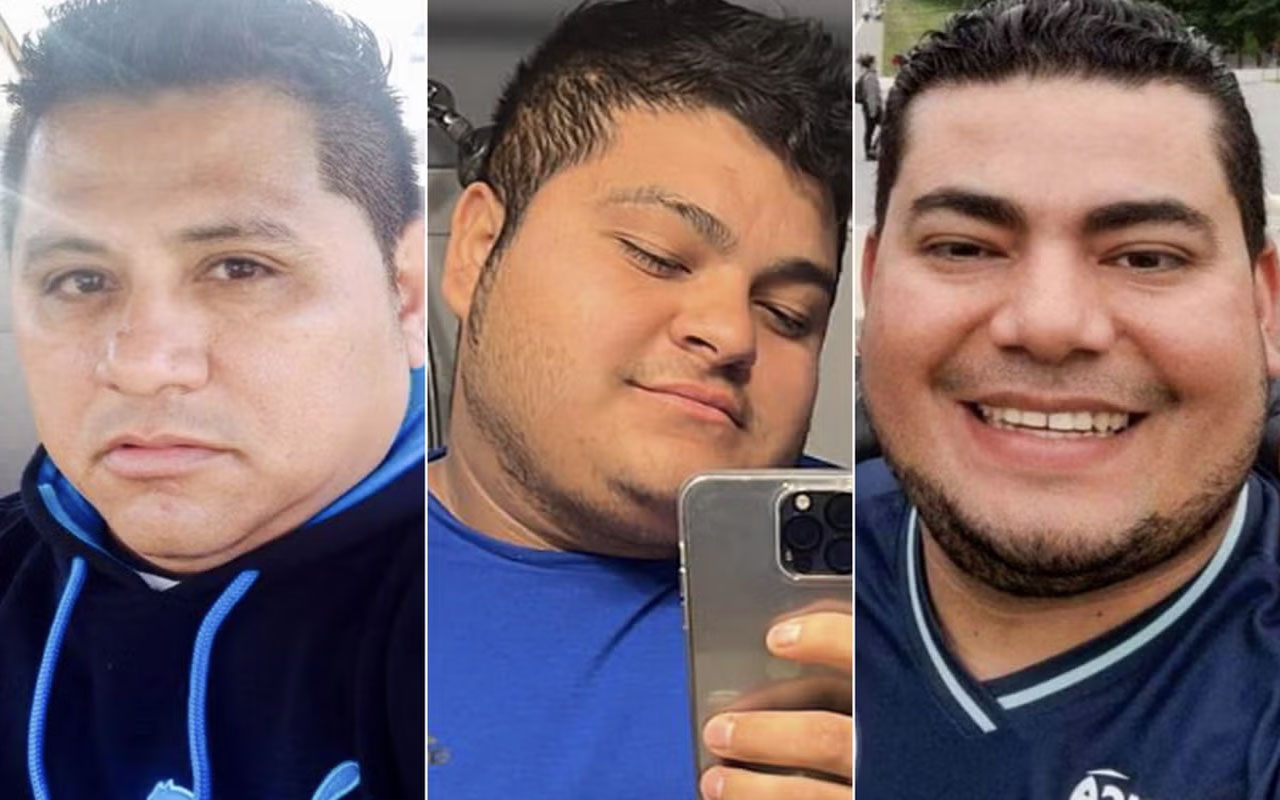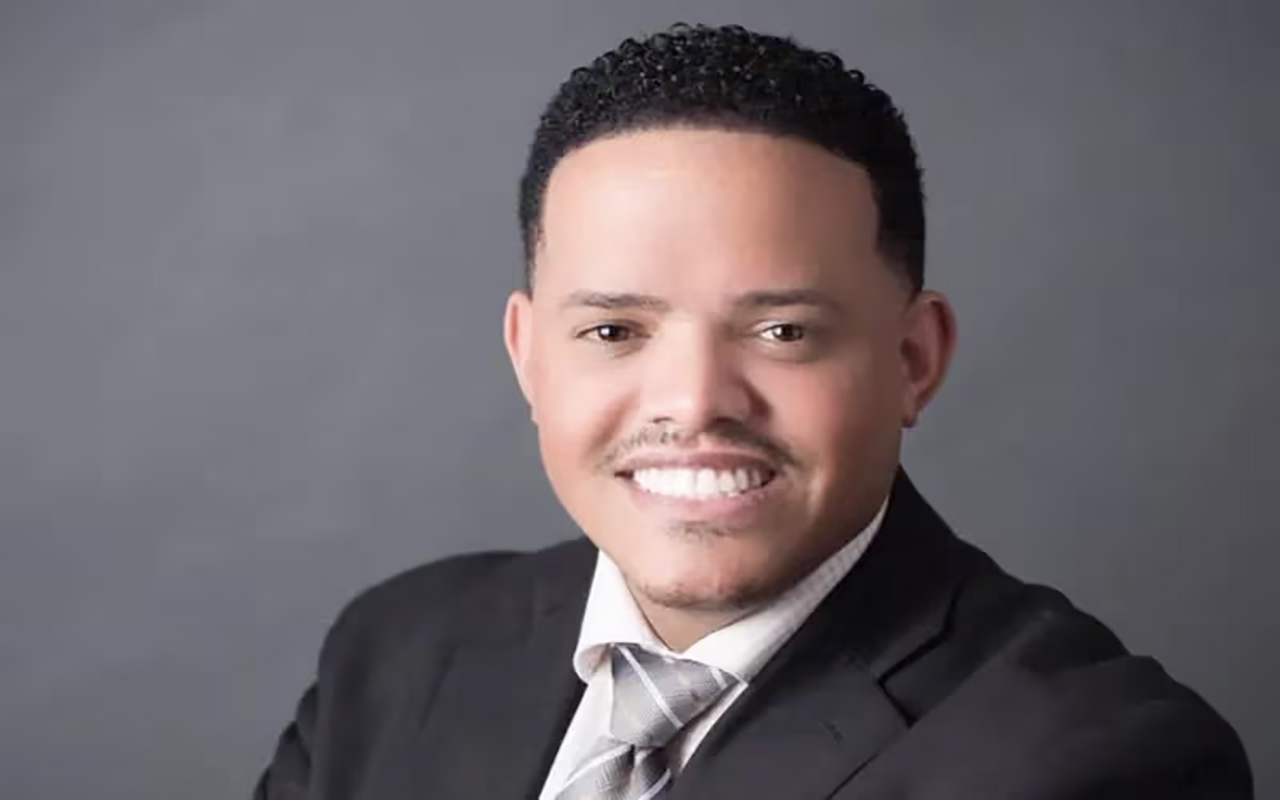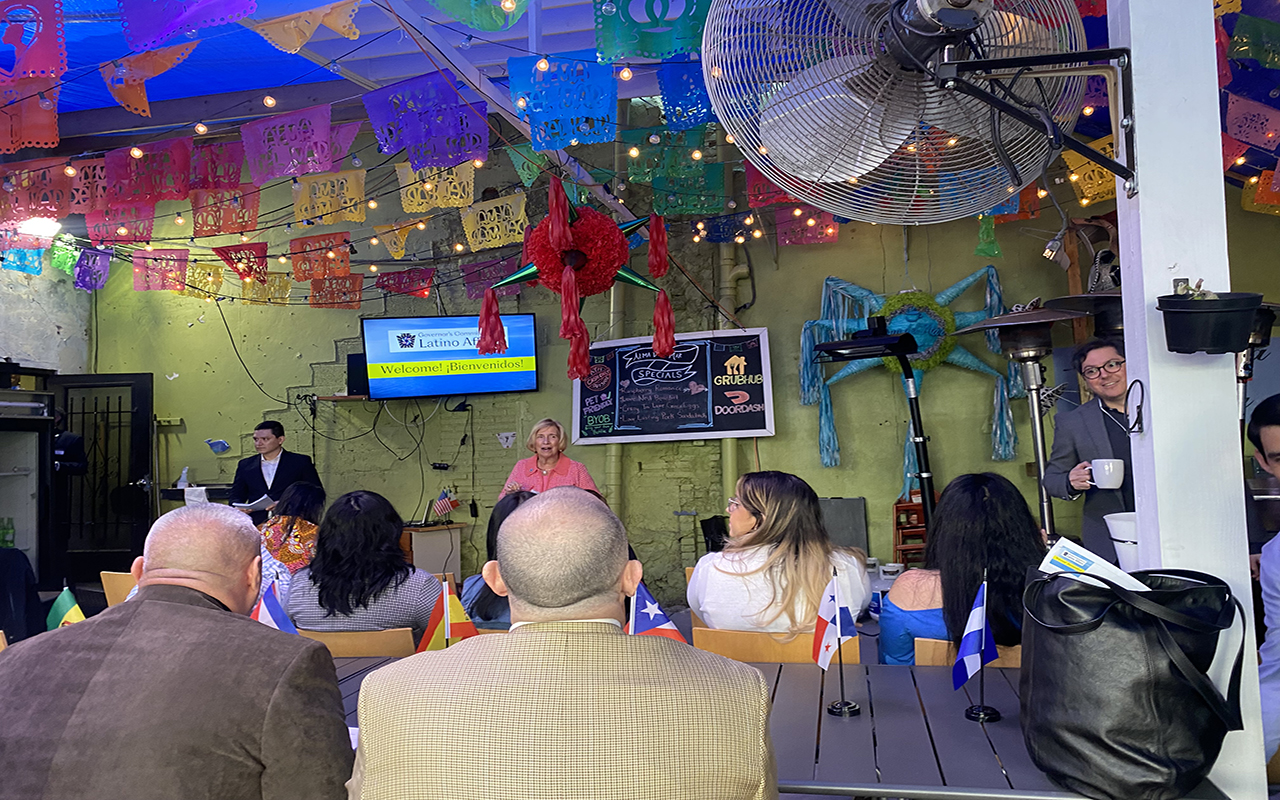
Have you ever thought about becoming an interpreter or translator?
The Hispanic Institute at LaSalle University, the Delaware Valley Translators Association, and the Spanish Language Division of the American Translators…
The Hispanic Institute at LaSalle University, the Delaware Valley Translators Association, and the Spanish Language Division of the American Translators Association will host the Spring Into Action 2015 seminar for language interpreters and translators who are looking to start, launch and take their career to new heights.
“This is an unprecedented event in terms of the amount of talent and accessibility to that talent that we are offering to both seasoned interpreters and translators who are trying to advance in the profession, and for those individuals interested in learning how to make a living out of translation and interpretation, specially those who have been interpreting unofficially or without formal training,” said Committee Chair, Armando Ezquerra Hasbun.
The seminar, which will take place April 25 and 26 at LaSalle University, will have sessions for beginners to intermediate speakers, as well as advanced level workshops.
“The general sessions last 90 minutes and are intended to introduce a topic and develop a certain skill in a general manner that is interactive but is not intensive,” Ezquerra Hasbun said. “The workshops are three hours long, they are limited to 24 people each, they are highly interactive and they are meant to develop specific skills and give participants a new comprehension or new tools with which to carry out their work.”
Although the seminar is hosted by the Spanish Language Division of the American Translators Association, all sessions and workshops, except for three, are non-language specific, and are open to speakers of all languages.
“We do have a very interesting presentation by a sitting member of the the United States chapter of the Royal Spanish Academy, the North American Academy of the Spanish Language (ANLE), about the growing nature of Spanish in the United States and how its matured into its own,” Ezquerra Hasbun said.
There will be sessions about existing certifications for both interpreters and translators, and strategies to prepare to take on those examinations, as well as presentations on translation and interpretation in the legal and medical fields
“Our data shows that close to 70 percent of working interpreters and translators have become interpreters and translators starting out as bilingual, but being bilingual does not make an interpreter or a translator,” Ezquerra Hasbun said. “The profession is getting formalized so it is important to keep up with the standards, and certification is a good way for someone who may not have studied interpretation and translation in an academic setting to prove that they have what it takes to practice the profession.”
For example, at a national level there are now two examinations for certification of medical interpreters that didn’t use to exist a few years ago, while at a local level, Pennsylvania has adopted certifications for court interpreters.
“When employing interpreters and translators the healthcare field and the courts are interested in people who have become certified,” Ezquerra Hasbun said.
Among the most common mistakes in translation or interpretation, Ezquerra Hasbun noted that “the pervasive influence of English affects the practice of Spanish, specially in our region, where it has a lot of vibrancy but not a whole lot of formal presence.”
Another common mistake is “when people use technology like Google Translate but they don’t realize that translating is not just about words, it’s about thoughts, ideas and messages, so you see some glaring and in some cases even some funny errors.”
Ezquerra Hasbun will also be leading a workshop about transcreation, “which deals with the specific need in politics, in advertising, in media and in arts, to translate a message without necessarily using the same words in order to convey a mood, feeling or a message.”
These are just some examples of what the Spring Into Action 2015 seminar has to offer to those interested in the field of interpretation and translation, which are both recognized by the United States Department of Labor as a high growth professions in the years to come.
“If you have ever thought about becoming an interpreter or translator, or are working as one, this is great opportunity to take it to the next step and discover what may be a very successful career,” Ezquerra Hasbun said.
For more information, visit the Spring Into Action 2015 website or Facebook page.










LEAVE A COMMENT:
Join the discussion! Leave a comment.